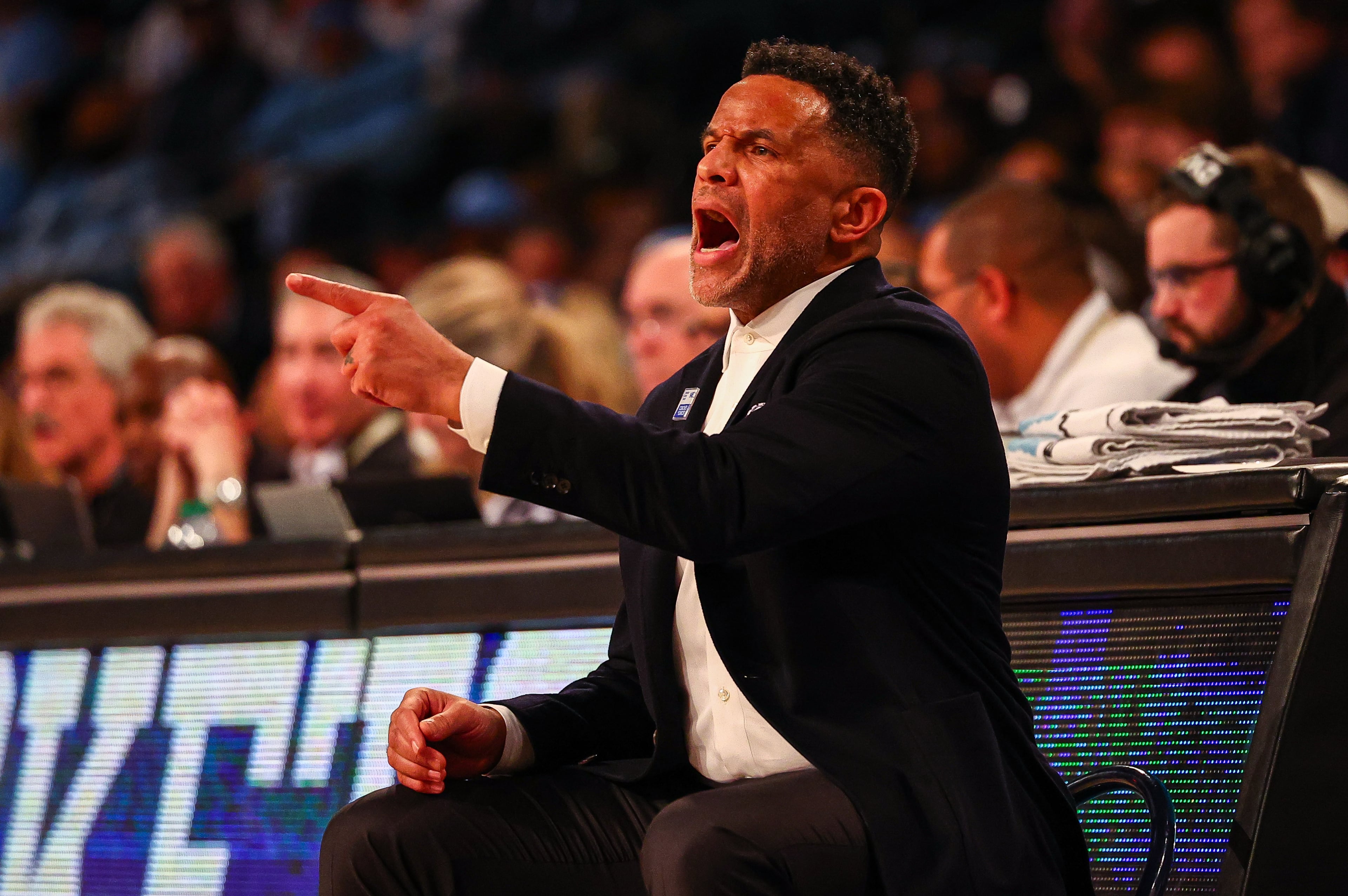Johnson has gripe with NCAA rules change on official visits

Georgia Tech coach Paul Johnson has long advocated for an early signing period for football, a cry that was answered through the NCAA's Division I council Friday. The group approved rules changes that allow for official visits at the end of a prospect's junior year, creating room in the schedule for an earlier signing period, likely in December.
But Saturday, he took issue with the change to the official-visit schedule, and he asserted that it was driven by schools in colder climates.
Previously, prospects could take official visits starting Sept. 1 of their senior years. The earlier official-visit window, from April 1 of a prospect’s junior year through the weekend before the final Wednesday in June of that year, enables prospects to take free trips to visit campuses earlier in the recruiting cycle. It’s expected that the Collegiate Commissioners Association, which oversees the national letter-of-intent program, will vote for a December signing period at its June meeting.
Johnson called the April-June official-visit window “ridiculous” and chalked it up to schools in the north trying to gain an advantage.
“It’s like everything else in football,” he said. “I haven’t seen the vote, but I’m sure the schools where it’s cold in the winter would like to visit in April and June. I mean, that’s what it comes down to. I haven’t heard one coach or one person — anybody involved — want to move the visit schedule.”
Johnson said the earlier window would have more merit if the early signing period were in June or July, but it isn’t. He also saw it as an extra burden on team members who would be assigned to host prospects during their official visits.
“You talk about the kids’ time?” he said. “How about the kids now who are going to school who’ve got to host?”
Johnson's preference would be for the early signing period to be earlier than December – his ultimate choice would be for signing periods to be done away with entirely, giving prospects and schools the chance to sign whenever they felt ready to do so.
Regardless, Johnson’s stance may have merit. Official visits typically are taken in December and January of a prospect’s senior year, by which point most have already made their decision.
"Now they can stroll Big Ten campuses when the weather is favorable," the Chicago Tribune wrote Friday. "The ones who visit Evanston for football practice will soak in views of Lake Michigan and the Chicago skyline. Advantage: Northwestern."
The article also credited the council’s chair, Northwestern athletic director Jim Phillips, for playing “a significant role in what analysts termed the most significant changes to college football recruiting in decades.”
The change will go into effect in August, applicable for prospects graduating in 2019.
Theoretically, an early official-visit period would enable prospects to travel to see more schools before they’ve made their decisions and at a time when they (and the teams they’re visiting) aren’t in the middle of their football seasons. The ACC, which has supported an August early-signing period, and the SEC both voted for the proposal.
Said Johnson, “I guess they voted for what they had.”
And Johnson’s hope for an early signing period earlier than December may not be dead.
Big 12 Commissioner Bob Bowlsby, chairman of the Division I football oversight committee, said that a proposal for a June signing period did not pass, “but we’re going to take a look at whether we can find one that’s earlier (than December).”
Johnson was supportive of another rules change, the addition of a 10th assistant coach, which goes into place in January 2018.
“It’s good,” he said. “I mean, we’ve got more players per coach than any other sport in NCAA, probably. So I think it’s good. That’s something the coaches have been trying to get for a long time.”
Johnson declined to share his thoughts on how he would assign a 10th assistant.
“I think I know what I would do, but we’ll see,” he said.



